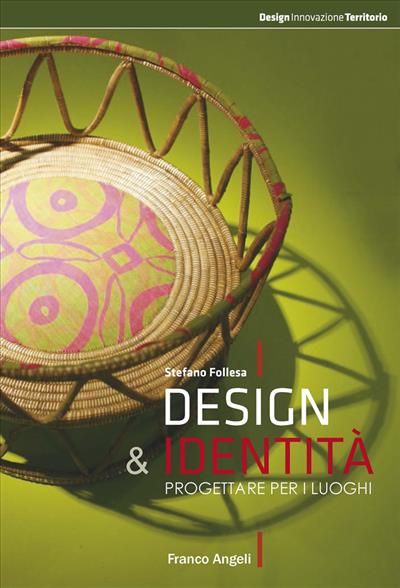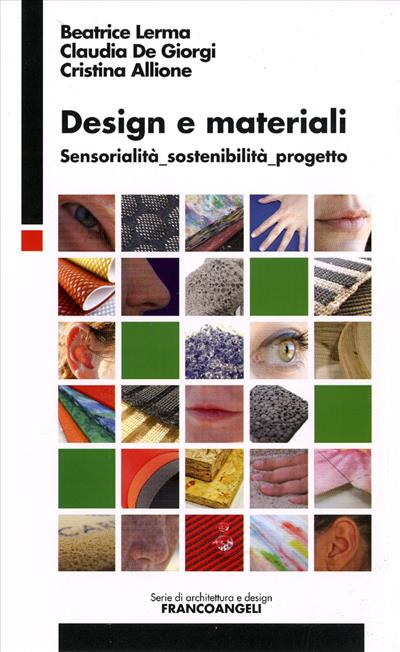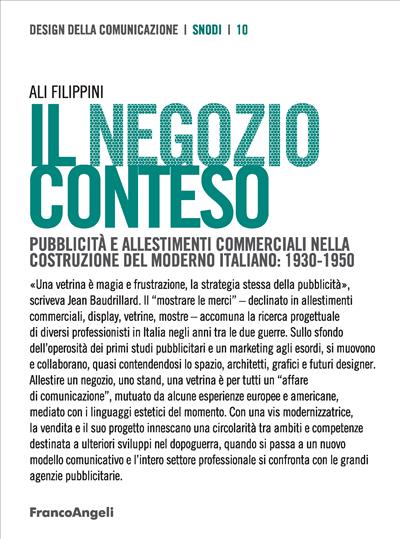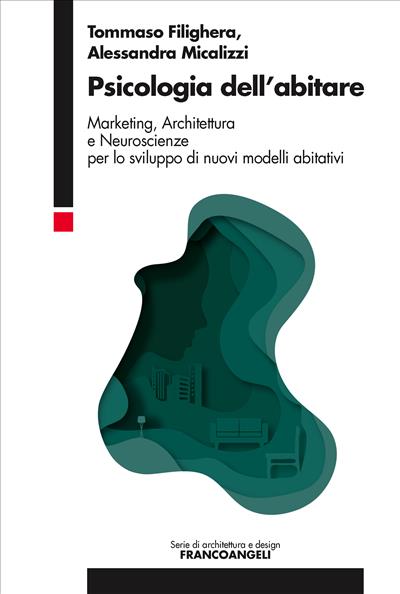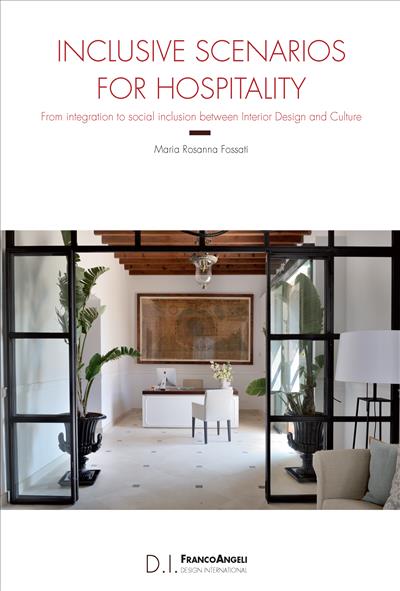
Inclusive scenarios for Hospitality.
From integration to social inclusion between Interior Design and Culture
This book promotes an inclusive approach in designing spaces, products and services for Hospitality sector. Methods and tools proposed try to change the actual state of the art in attempt to delineate a cultural change, from integration to social inclusion, through a design drive approach.
PDF with DRM
18.99
PDF with DRM
18.99
Pages: 182
ISBN: 9788891766694
Edizione:1a edizione 2018
Publisher code: 319.3
Can print: No
Can Copy: No
Can annotate: Sì
Format: PDF con DRM for Digital Editions
EPUB with DRM
18.99
EPUB with DRM
18.99
Pages: 182
ISBN: 9788891767936
Edizione:1a edizione 2018
Publisher code: 319.3
Can print: No
Can Copy: No
Can annotate: Sì
Format: ePub con DRM for Digital Editions
